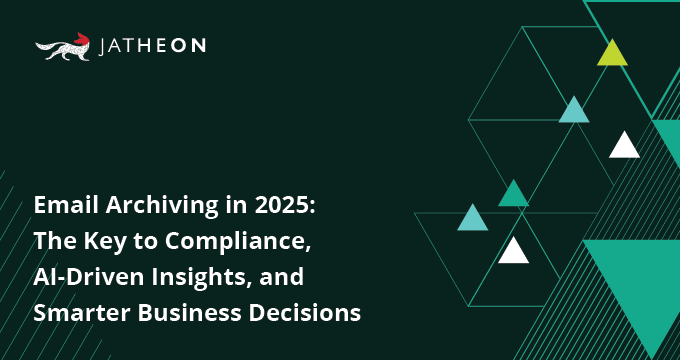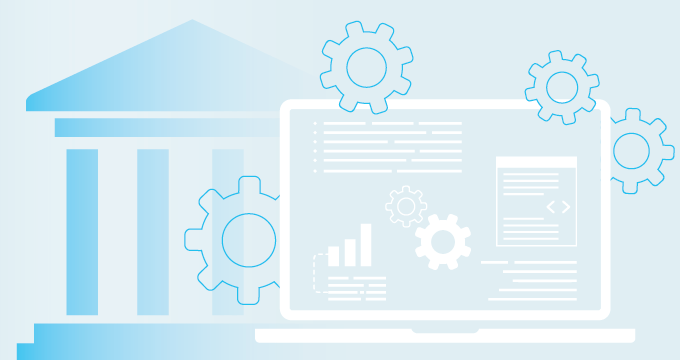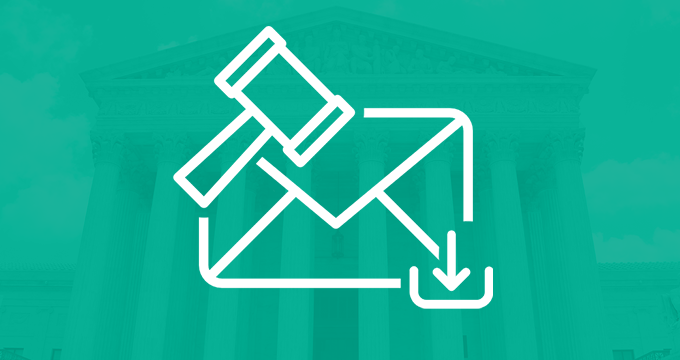Executive Summary
Email archiving has evolved from a mere regulatory checkbox for compliance-driven industries to a strategic necessity in 2025.
As organizations navigate stricter audits, changing data privacy regulations, and an overwhelming influx of digital communications, the consequences of inadequate email archiving have escalated from risks to serious liabilities.
Moreover, the way businesses communicate has undergone a significant transformation. While email remains a cornerstone, collaboration now encompasses multiple non-email platforms. With regulatory bodies extending their reach to these channels, companies must reevaluate and adapt their archiving strategies to ensure comprehensive capture of all relevant conversations.
Another major shift is that email archiving has evolved beyond a simple storage solution. It now serves as a powerful tool that improves security, facilitates ediscovery, and underpins business continuity efforts. It does more than keep you compliant — it empowers you to effectively manage risks, streamline operations, and extract insights from your data.
This guide will walk you through everything you need to know about email archiving in 2025, from new regulations to best practices and emerging technologies. Whether you’re an IT leader, compliance officer, or technology manager, understanding the evolving role of archiving will help you protect your organization while unlocking new business opportunities.











